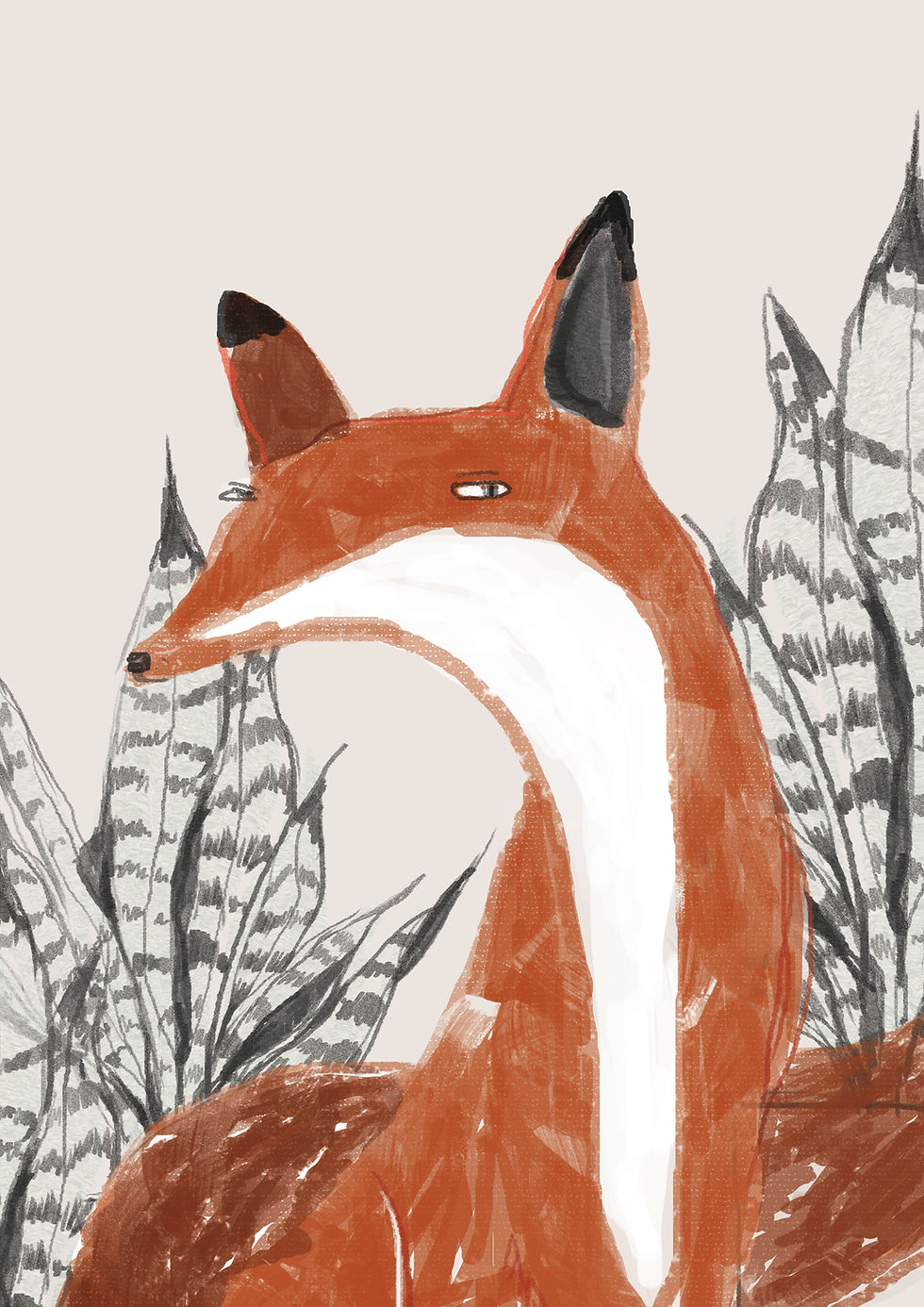October 2025 "The Light of Life" By Daniela Gutierrez
- Daniela Guiterrez
- Sep 30, 2025
- 3 min read

When the air felt crisp and the trees’ leaves were only beginning to turn a rusty orange, my grandma set a big plate of cookies on the dining table. No one touched these cookies—they weren’t meant for us. Their sweetness was reserved for those who had passed away. I was a kid when my grandma shared that these cookies were for children she lost, so she set cookies for them on the Day of the Dead. They were only babies, and she had no photos to honor their faint life on this Earth. With tears in her eyes, she recounted the stories of their passing and taught me their names. In my formative years, I grew up in the same house as my dad’s family. I was surrounded by my aunts, uncles, cousins, and my grandparents. I imagined what it would have been like if I had met my other aunts and uncle. They were only babies, and my grandma was learning to be a mother herself. My grandma repeated to me, “They suck the sweetness out of the cookies.” As a kid, I thought that it was without question a baby would enjoy something sweet. Although there was no particular altar with fancy decoration, my grandma honored their little lives. This was my first experience with the Day of the Dead.
As the years go by, many people experience the loss of a loved one. Death is a subject I contemplate more as I get older. When I blow out the candles on my birthday cake, I celebrate another year with my loved ones. Still, in the back of my mind, I wonder how much more time we have left. I think of my father’s cancer diagnosis when I was in high school. I recall the times my grandparents had a sudden health emergency. Every Winter, I say goodbye to my great-grandparents in our home in Mexico, not knowing if I will see them again next year. I remember that the older I get, the older my parents get, too. The light of the candle is extinguished with a simple breath.
In my home country, Mexico, the Day of the Dead is one of our biggest celebrations of the year. Cemeteries become more vibrant with marigolds and music. Students participate in Day of the Dead parades, festivities, and paint their faces like skeletons, or like la catrina. Many set up an altar for loved ones with the things they loved and are remembered by. Even when we were far away from home, my grandma set up a simple “altar” for her children. An altar is meant to honor and celebrate a person’s life with food, items, and, if you prefer, music that reminds you of them. To make an altar for a loved one is an intimate act. You remember the things that remind you of the life they led from the moments you were privy to see and experience.
Although I knew of the importance of this tradition, I didn’t know if I would make an altar for my loved ones; I was only a kid and didn’t have a strong connection to my culture. However, now that I am older, I have become more nostalgic, sentimental, and cognizant of the fact that we must cherish those we love. Conversations around the changes of life have become more frequent. One of my sisters has recently moved away to study. When we dropped her off at Santa Barbara University, my younger sisters and I cried. These changes of life familiarize us with loss, absence, and grief. Two days before she left, my mom was looking at old videos of us from an old video camera. All three of my sisters and I were gathered around the living room that saw us laugh, cry, and grow. In one video, we are standing under a Christmas tree with our mom. My mom’s eyes are bright, and you can feel an undeniable joy radiating from her face through the screen. Eventually, people grow and move out to start a new life. I try to prepare myself for these changes to occur as they are inevitable. Still, I never forget the light that follows every person’s life. To honor what they loved and what represented them is to celebrate their life. They become alive through our memory of them.




Comments